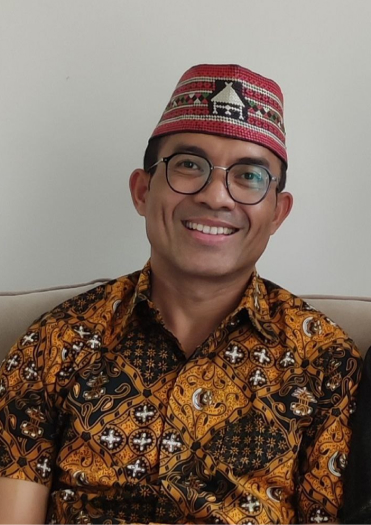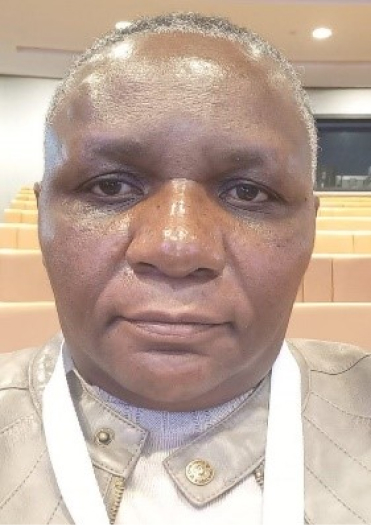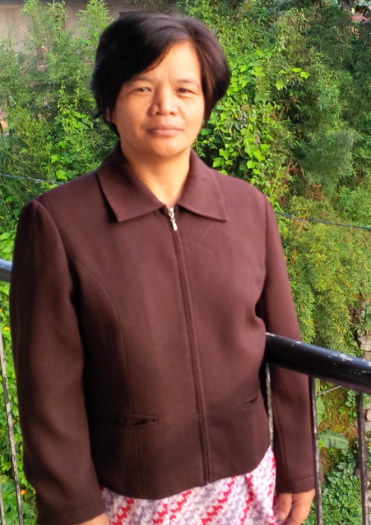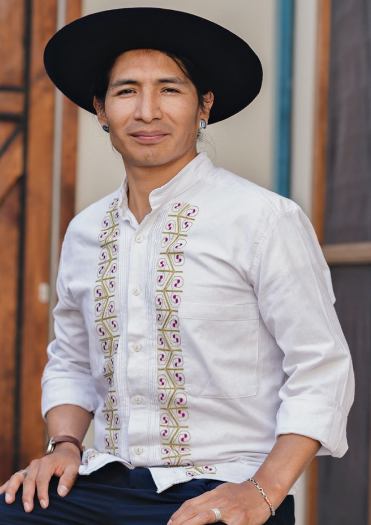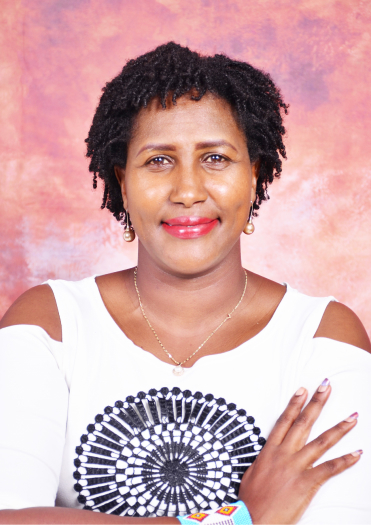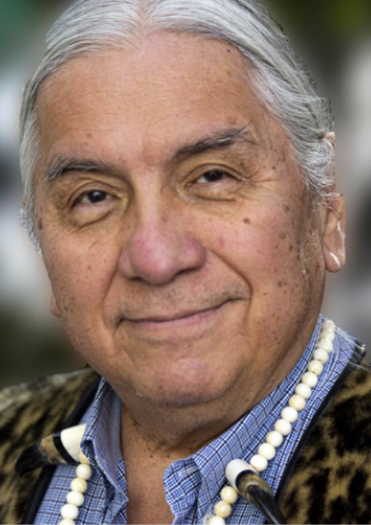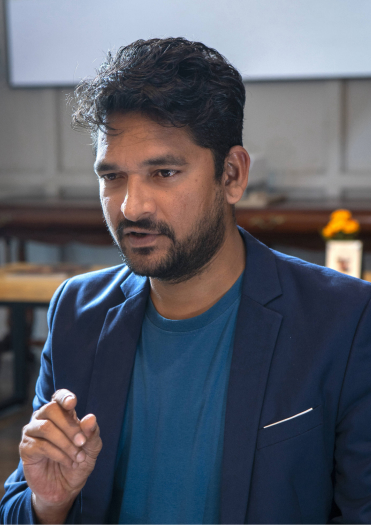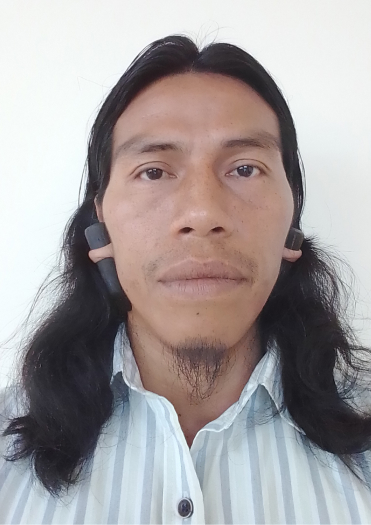Rights, capacity and knowledge
The Communities Advisory Panel (CAP) was set up in 2023 to ensure that the emerging market in biodiversity credits is founded on just and equitable principles, respectful of human rights and traditional knowledge, and recognizes and builds on existing capacity.
CAP is an independent, self-governed group consisting of over 40 members of Indigenous Peoples and Local Communities from the seven socio-cultural subregions of the world. CAP works to bring equity and integrity to the biodiversity credit market by:
- Identifying the risks and opportunities for Indigenous Peoples and Local Communities associated with biodiversity credits
- Ensuring Indigenous People’s and Local Communities’ rights and traditional knowledge are respected, including the right to self-determination and legal processes such as Free, Prior and Informed Consent (FPIC)
- Supporting funding for and building the capacity of Indigenous Peoples and Local Communities in their role as nature’s frontline stewards
The current secretariat of the CAP is the International Institute for Environment and Development (IIED), with support from the Biodiversity Credit Alliance (BCA). The CAP’s ToRs can be viewed here.


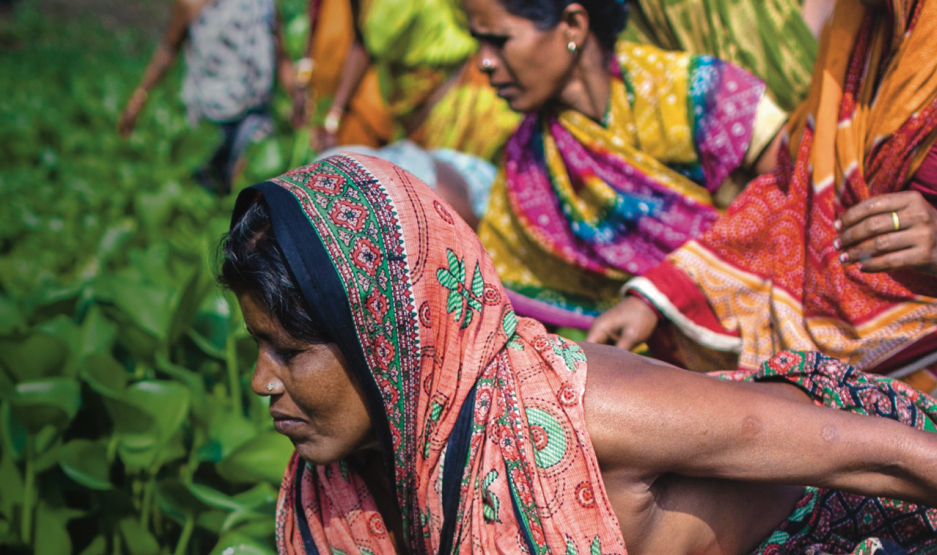
Moving in step with Mother Nature
CAP has drafted the paper Recommendations on Biodiversity Credits, which is a must-read for any stakeholder thinking of entering the emerging market in biodiversity credits.
The paper which is also available in French and Spanish highlights both the risks, and the opportunities intrinsic to nature markets, as well as the need to learn from challenges experienced by the carbon market.



